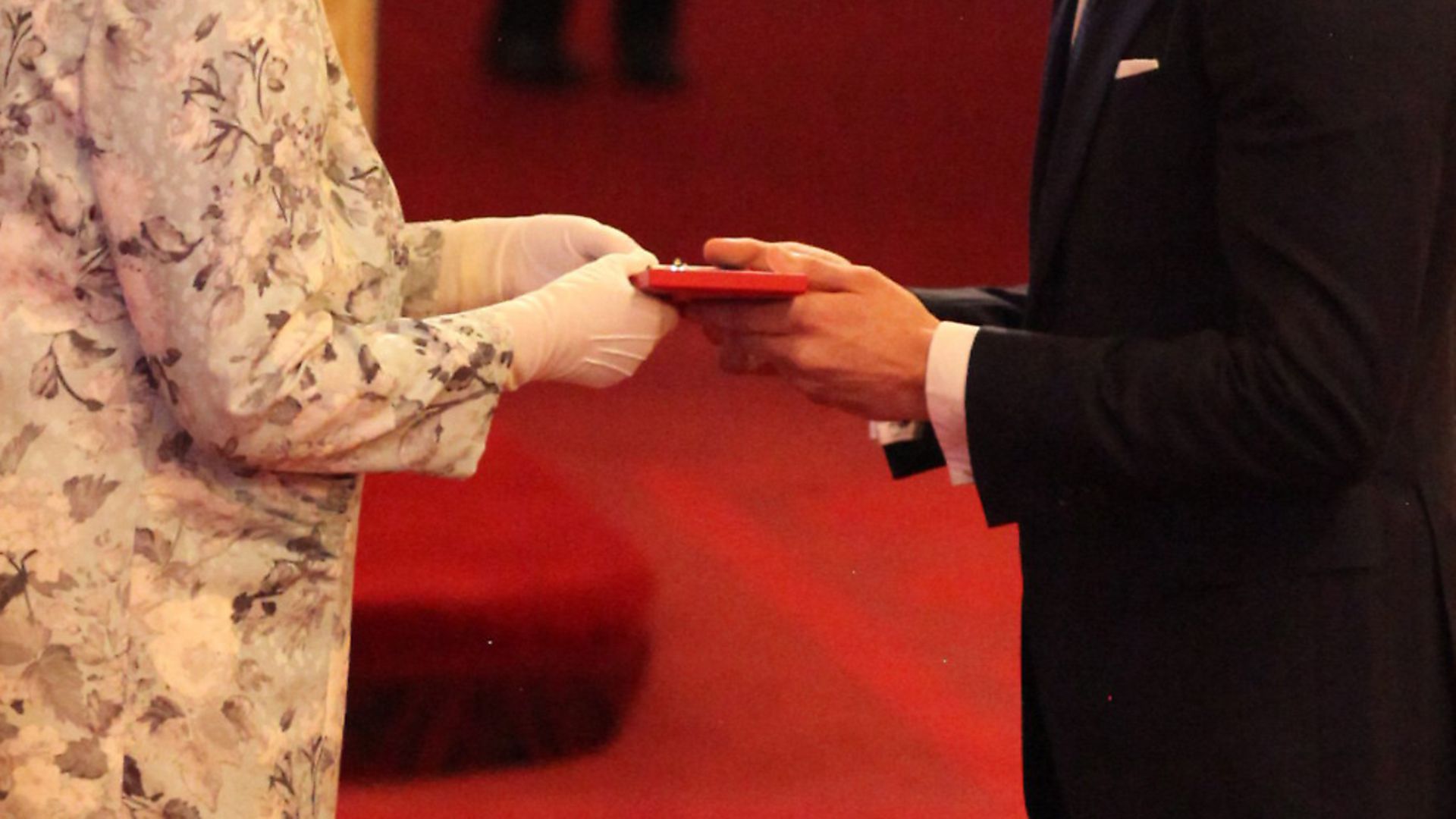
The idea that the British establishment is predicated on civilised values of ‘fairness’, ‘openness’ and ‘transparency’ is beginning to unravel.
I was born and raised in Kampala, Uganda, a British protectorate until October 9, 1962, when the country became independent. The Union Jack came down but most Brits stayed on. One of them was Mr Clarke, my history teacher, a paunchy Englishman with a bristly Desperate Dan chin. Oh how he extolled the old Motherland: ‘Boys and girls, Britain has checks and balances. No corrupt politicians or practices, no bribes, no favours, clean state. Malfeasance will now spread in the old empire.’ He was right about the last point. Venality and dishonesty have despoiled almost all those nations. Generations of ‘free’ people have been cruelly betrayed. However, Mr Clarke, like other Europeans, suffered from that incurable delusion that corruption and questionable ethics are not found in white folk.
As Dr David Whyte, an academic at Liverpool university, observes: ‘[We believe that corruption] is exclusively a problem in developing or economically ‘primitive’ societies, rather than our own. Yet the almost daily reporting of all manner of corruption cases in our most prominent and powerful institutions is beginning to unravel the idea that the British establishment is predicated on civilised values of ‘fairness’, ‘openness’ and ‘transparency’. A seemingly endless conveyor belt of cases has shown no signs of slowing down. Indeed, if anything, it has accelerated.’
When I, an immigrant, first realised this, it was like discovering the secret alcoholism of a favourite uncle. How could this be? Well it is. The big players manage their conflicts of interests conflicts of interests and unethical behaviours more skilfully. Then there is impartiality. Take Robbie Gibb, senior producer of top political programmes at the BBC. He became Theresa May’s communications director. Congratulations all round. The BBC, paid for by taxpayers of all political persuasions, did not think that improper. Gibb used to be chief of staff to Francis Maude and was young cheerleader for Michael Portillo in the 2001 Tory leadership contest. Somehow Portillo got to be a lifetime panellist on the BBC’s This Week, presented by the ambitious right winger Andrew Neil. Was there was there an interviewing and selection process for both men? I doubt it. That would be just too politically correct.
In 2012, Thea Rogers, another BBC political hack became George Osborne’s special advisor, even helped him get a smart new image. Craig Oliver, now knighted, was a BBC executive before he became David Cameron’s communications director. Guto Harri, yep, BBC man again, became head of Mayor Boris’s media team. When he moved on, who replaced him? Will Walden, BBC news editor, of course. Are we to believe that these men were not in any way, sympathetic to the Tories when at the BBC? Call me a cynic if you must, but unless they are robots, that is surely neither credible nor possible.
On to politicians next. The worst example of disreputable politicking was during the Brexit campaign. An anonymous author, ‘Cato the Younger’, in a devastating new book The Guilty Men, accuses 15 individuals, British and European, who, ‘for reasons of personal gain, misplaced ideology or sheer folly, have jeopardised all our futures’. The charge sheet includes, ‘deceit and distortion’. Be warned. This book will shake up all you thought you knew about this apparently strong and stable nation.
Examples of plain, old fashioned corruption are also not hard to find. In 1994, Neil Hamilton and Tim Smith got caught taking cash (in brown paper envelopes) from Mohamed Al-Fayed. Hamilton now sits as a UKIP member in the Welsh Assembly. In 2010, New Labourites, Geoff Hoon, Patricia Hewitt and Stephen Byers were filmed offering their services for money in media sting operations. Byers even described himself as ‘a cab for hire’. Remember too, the cross party expenses scandals, money claimed for duck houses and stables.
Our Foreign Office dealings with the world have always been highly questionable. Dictators are enthusiastically backed, arms sold to countries with some of the worst human rights records, informers used then dumped. All this is apparently OK because it is in ‘our national interest’. I believe these immoral links actually militate against national security and safety.
Then there is the revolving door between government ministers and business and also, increasingly, civil servants and business, even though superficially, some vague rules have been put into place to give an impression of probity. As Tamsin Cave, director of Spinwatch warned a few years back: ‘Too many senior public figures are cashing in on their contacts and knowledge of government.’ No one heeded her cry. There is more and worse.
The Honours system is so corrupt now that it would be an embarrassment in Zimbabwe. An Asian millionaire explained to me how it’s done: ‘I have my houses and cars. So now money to be used for OBE and House of Lords. Give money to a political party. Easy to do.’ Big, set public inquiries too are mistrusted, because most chairs feel obliged to keep safe the status quo. Chilcot could have been more directly critical of Blair and gang in his report. Instead he obfuscated and then a year later, speaks the clear truth to BBC political editor Laura Kuenssberg. Inquiries into the troubles in Northern Ireland, the first Hillsborough Inquiry, all those other Iraq inquiries, were a waste of money and high hopes. I am not at all sure of the Grenfell inquiry. It already feels too well insulated from the heat and noise of survivors.
The last time I heard from dear Mr Clarke was when I returned my MBE, partly as an act of protest against the Iraq War. He was old, ill and upset by my decision: ‘You have dishonoured this great, fair country, my dear.’ Still sweetly deluded. Like millions of others.








